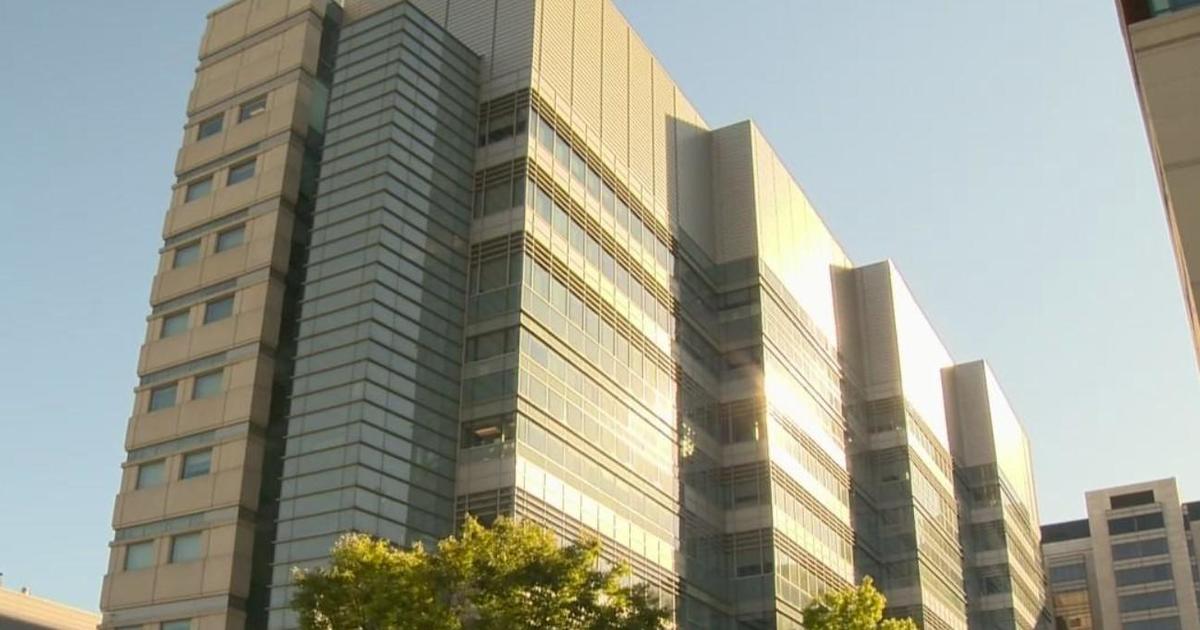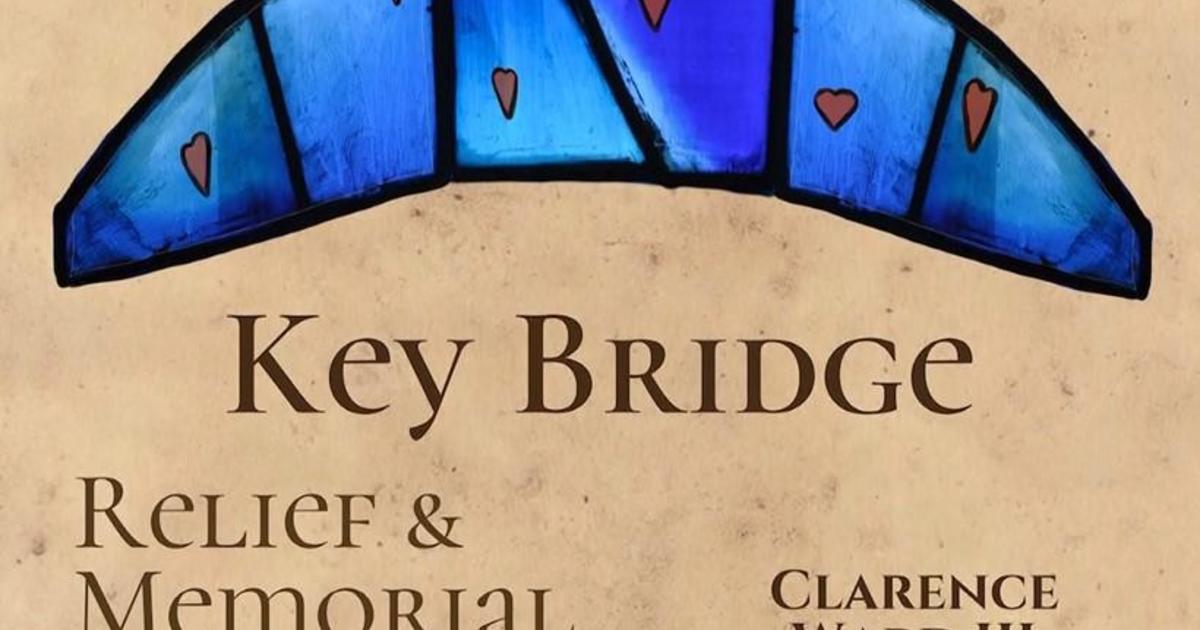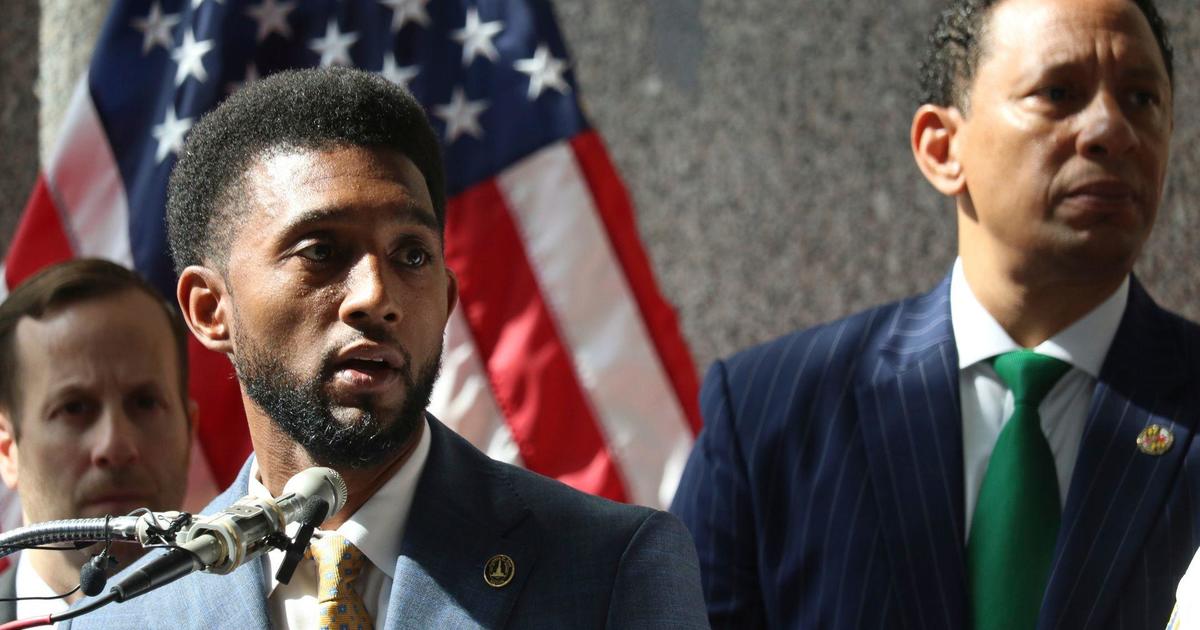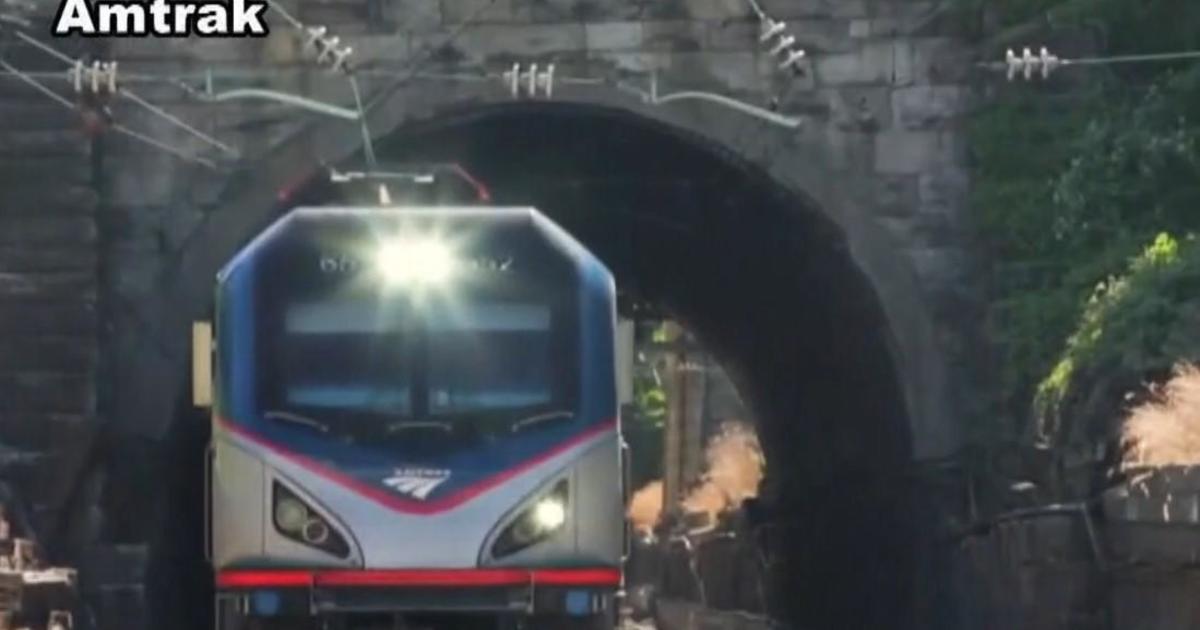Recycling Programs In Baltimore
Recycling is by far the easiest way to “go green.” And it can have a huge impact on saving the planet. The majority of recyclable items are items that do not biodegrade. Things like plastic and metal, when thrown away, just sit in landfills indefinitely. What is the point of letting these things harm the environment when they can be reused over and over again? That is where recycling comes in. Recycling is exactly what it sounds like. It is the process of reusing waste products after you are done with them. The most common recyclables are paper, plastic, glass and metal. But there are many other things that should be recycled as well, such as batteries, oil, appliances, light bulbs and many other hazardous products that are harmful to the environment when thrown away. The best part is it takes very little effort to participate. Most neighborhoods have a recycling program that issues special bins for you to put recyclables in and all you have to do is put the bin out on the specified day for pick up. Other than that usual method, there are other programs you may not know about in the Baltimore area. Here are just a few.
Hazardous Recyclables Drop-Off Centers
As stated above, there are some hazardous materials that should be recycled and disposed of properly. Things like consumer electronics can be recycled at places like Best Buy for free. Drop off you old TVs, computers, cell phones and other devices and they will take care of them properly at no charge. Antifreeze, fluorescent light bulbs, kerosene, batteries, mercury-containing items, oil, used tires (up to four per trip, no rims) propane tanks and appliances or air conditioners can be recycled at three Baltimore-area facilities via drop-off. The Eastern Sanitary Landfill Solid Waste Management Facility (or ESL) is located at 6259 Days Cove Road in White Marsh. The Baltimore County Resource Recovery Facility (or BCRRF) is located at 201 West Warren Road in Cockeysville. And the Western Acceptance Facility (or WAF) is located at 3310 Transway Road in Halethrope. Be sure to hang on to these hazardous items and when you have enough to make the trip, visit one of these facilities to ensure the items are handled properly.
School Programs
Many schools in the Baltimore area have basic recycling. They have the “single stream” bins where teachers and students can recycle all kinds of items without the need to sort them. But, some schools have decided to take it much further. Federal Hill Preparatory School wants to be the shining example of what school recycling can be. It hopes to get other schools involved with the programs it is championing. Lunch rooms at this school have multiple recycling bins for various types of recycling, including a compost bin. Items that can be put in compost are collected, shipped out and returned months later as ready-to-use fertilizer for the school’s garden. Students take shifts manning the bins to ensure the proper items are being placed in each one. The older students even educate the younger ones with fun activities like a recycling relay race where kids grab an item to recycle and race them to the proper bins. Through a partnership with Waste Neutral and Wheelabrator Technologies Inc., Federal Hill Prep has raised enough money to fund its small operation. It hopes to get more money through grants by the Environmental Protection Agency (EPA) so it can jumpstart the program in other schools.
No Shell Left Behind Program
This program may not affect individuals nearly as much as restaurants and wholesalers, but it’s still really cool. Oyster populations have been in serious trouble in recent years. People are eating them faster than they can repopulate. Oysters are a big business in Baltimore. As such, locals should be the first in line to do what they can to help revitalize this important piece of the ecosystem. So, what can be done? Oyster shells can actually be reused at hatcheries to help baby oysters become adults. Each shell can host up to 10 baby oysters, known as spat. The Maryland government passed a bill that allows people to get $1 in tax credit per bushel of shells recycled, up to $750 a year. Since the average person doesn’t consume a bushel at a time, this is geared toward restaurants and wholesalers. But it is a great program to raise awareness. You can do your part by asking if your favorite restaurant or supplier is participating. If not, maybe tell them you are taking your business to a place that does.
You May Also Be Interested In These Stories
Tom Clocker is a freelance writer covering all things Baltimore. His work can be found on Examiner.com.



